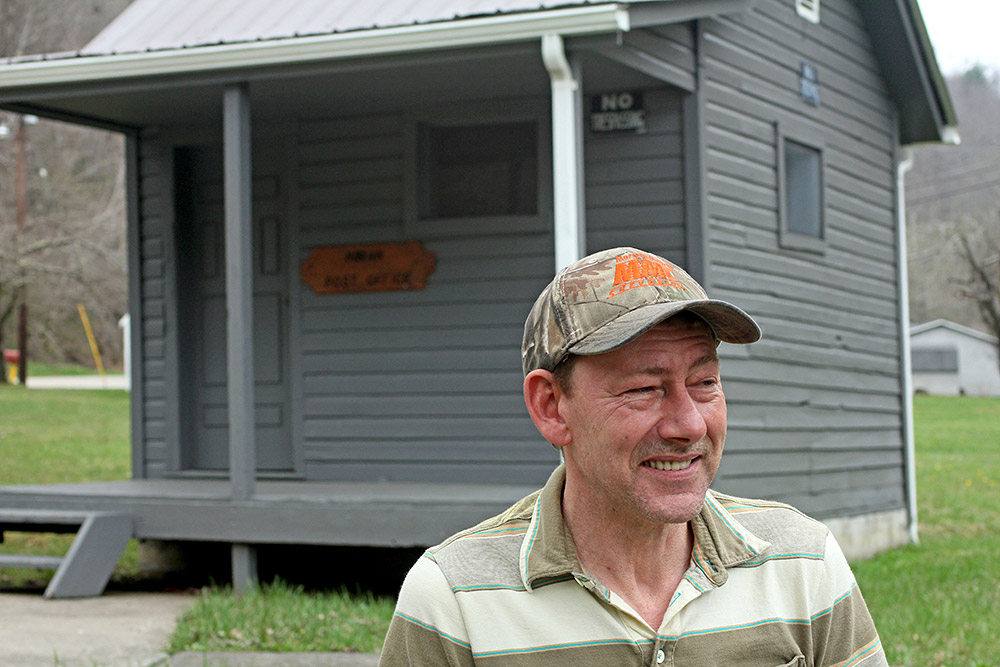2015 — Issue 3 (June/July)
Public Comment Period on Key Ingredient of RoundUp
By Laura Marion This May, the U.S. Environmental Protection Agency told Reuters news agency that it has finished a review of the health and environmental impacts of glyphosate — a chemical used in popular herbicides such as RoundUp — and will release a preliminary human health risk assessment this July. After this release, the EPA…
Read MoreLa Crosse Virus on the Rise in Appalachia
By Laura Marion A third species of mosquito capable of transmitting the La Crosse encephalitis virus has been discovered in the Appalachian region, according to a report published by the U.S Centers for Disease Control and Prevention. Up to 100 cases of the disease are reported each year in the United States. The disease mainly…
Read MoreTennessee Rivers at Risk
By Cody Burchett According to a report released this May by the nonprofit Tennessee Clean Water Network, surface water enforcement actions issued by Tennessee state regulators have dropped 75 percent since 2008. Of the 53 enforcement orders issued last year by the Tennessee Department of Environment and Conservation, more than a quarter were related to…
Read MoreHealing the Red River’s Tributaries
Advocates for Kentucky’s Red River are advancing a plan to protect the creeks that feed this iconic waterway.
Read MoreOn the Front Lines
When mountaintop removal threatened to surround the tiny town of Inman, Va., residents pushed back.
Read MoreNewfound Native American Burial Ground Protected
By Julia Lindsay A largely undisturbed burial mound recently discovered in Greenup County, Ky., could provide a window into early Native American culture. The 20 feet high by 80 feet long mass dates back to the Fort Ancient or Woodland periods, which occurred approximately 500 to 2,500 years ago. The Archaeological Conservancy plans to conduct…
Read MoreThree Corners of the Cumberland Trail Gap Project
A tri-state effort aims to boost tourism in the Cumberland Gap region.
Read MoreResilient Landscapes for a Shifting Environment
An ecologist aims to help identify and preserve tracts of land that are most likely to help species survive in a changing climate.
Read MoreNorth Carolina’s Complicated Road to Renewables
As coal ash continues to plague communities across North Carolina, the state’s legislature is debating whether to invest in or put a freeze on renewable energy. The Energy Freedom Act, introduced by House Republicans, would allow third party solar sales in the state and has the potential to increase investments in solar energy. The bill…
Read MoreAn Enterprising Idea
Entrepreneurs — and their supporters — believe that jumpstarting the mountain economy begins with investment in local business.
Read More
